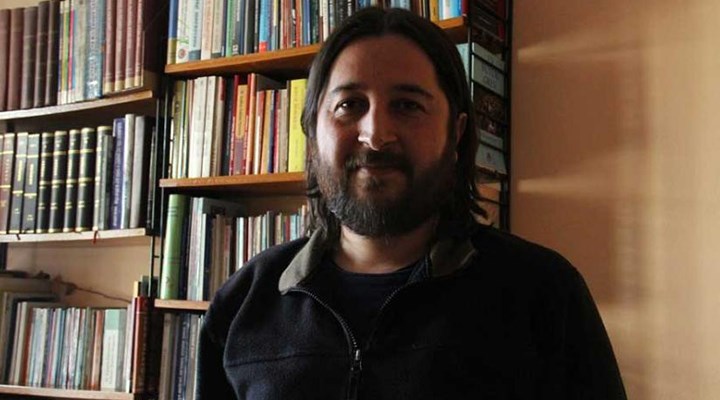One of the academics who were fired for signing a peace declaration in 2016 has said a decision by Turkey’s Constitutional Court, which ruled that a travel ban imposed on him was a violation of his rights, was “too little, too late” to compensate for the ordeal he had been forced to undergo, the Birgün daily reported on Friday.
A total of 1,128 academics who referred to themselves as the “Peace Academics” signed a declaration in early 2016 calling on the government to halt operations by security forces in southeastern Turkey, restore peace to the country and return to the negotiating table to restart shelved talks to find a peaceful solution to the Kurdish issue.
The Kurdish issue, a term prevalent in Turkey’s public discourse, refers to the demand for equal rights by the country’s Kurdish population and their struggle for recognition.
The move attracted widespread criticism from the government. Many of the signatories were fired, sentenced to prison or subjected to overseas travel bans.
The Constitutional Court recently said in a ruling that the travel ban imposed on Onur Can Taştan, a former academic at Ankara University’s faculty of political sciences who was fired by a government decree in 2016, was a violation of his right to respect for private life.
The court also ordered the Turkish government to pay TL 13,500 ($976) in non-pecuniary damages, Birgün said.
The top court ruling comes after Taştan’s individual applications to both a regional administrative court and an appeals court, in which he stated that he had to attend lectures abroad and that the ban restricted his constitutional rights, including the right to freedom of movement, was rejected.
The top court ruling stated that there was no criminal investigation into the academic and that it wasn’t “proportionate” that Taştan wasn’t given a passport, according to Birgün.
Speaking to Birgün about the ruling, Taştan said it failed to offer him relief in time but only upheld his claim that the ban was a violation of his rights.
“I had an offer from the University of Göttingen in Germany. But since I didn’t have a passport, I couldn’t get a visa or sign a contract [to work there]. With another contract I signed with the university, I was able to give lectures remotely. My academic studies were hindered. … I was only able to obtain a passport in early 2020,” Taştan added.
After the initial signatories were targeted by President Recep Tayyip Erdoğan, more academics signed the peace declaration in solidarity, with the total number exceeding 2,000.
A total of 7,316 academics were dismissed in the aftermath of a coup attempt on July 15, 2016. Professors and lecturers from nearly all universities in Turkey were targeted in the government’s post-coup crackdown.

